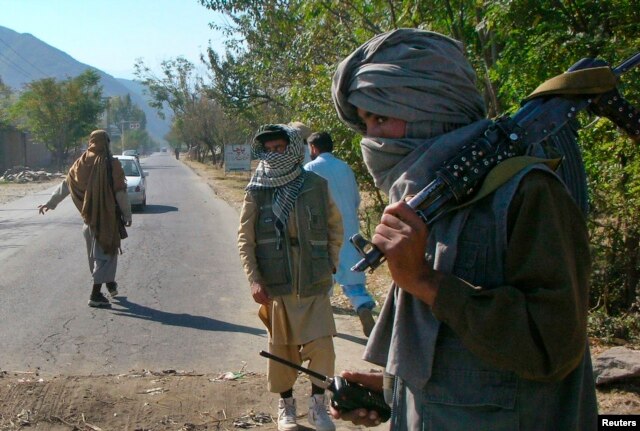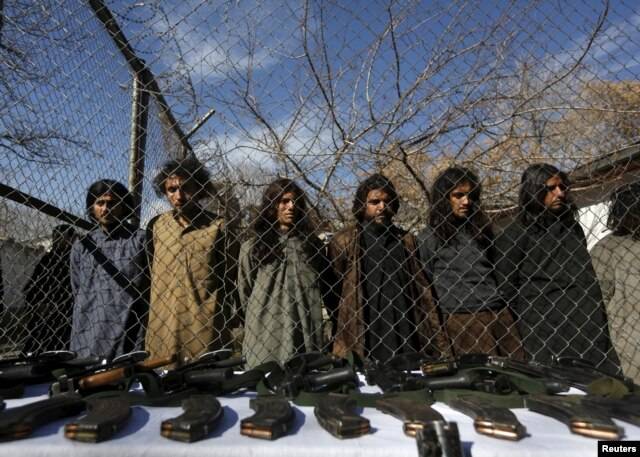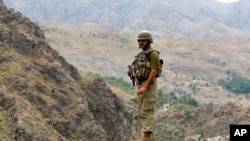shadow355
Gold Member
Russia, Taliban share intel in fight against ISIS - CNN.com
Shadow 355
With the number of ISIS fighters growing in regional neighbor Afghanistan, Russian President Vladimir Putin is turning to an old enemy -- the Taliban -- to share intelligence.
A spokeswoman for the Russian Foreign Ministry, Maria Zakharova, said the contact between Moscow and the Afghan Taliban only involves intelligence-sharing and information exchange regarding the fight against ISIS.
Shadow 355




